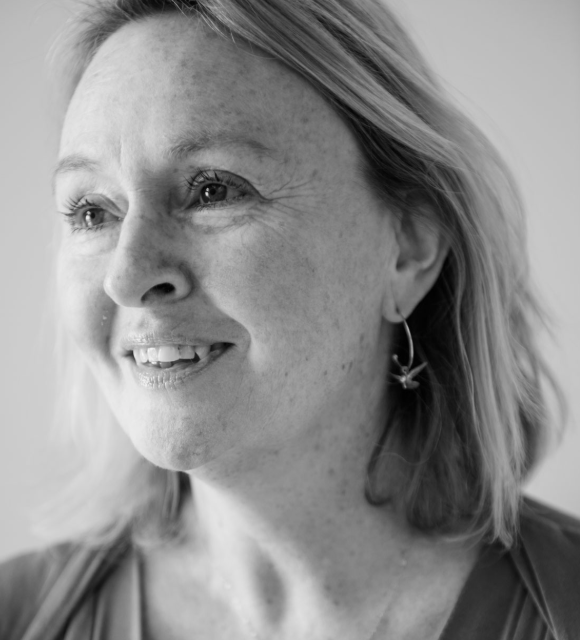A better understanding of ourselves as relational beings and our relationship patterns, could help us make healthier decisions when it comes to finding a suitable partner.
Someone I know recently married a woman he had met while they both stood admiring the same painting in an art gallery. There is nothing very remarkable about this, but in a world where online dating sites and Tinder are increasingly used as a way of finding a potential partner, it seemed reassuringly ordinary, even a bit old-fashioned.
I don't have anything against online dating; it clearly plays a role in opening up the possibilities of meeting someone and there are of course those that strike lucky. What does come up for me though, is how we decide, either online or off, who may be a good match for us. What I mean is what influences our decision making, both on a conscious and unconscious level.
This is of real relevance to my work as a therapist, as relationship difficulties, which can often lead to anxiety and depression, are often cited as among the main reasons people come for therapy or counselling.
We can fall into patterns with our relationships, which can date back to childhood: we may feel we have a certain role, the overly needy one, or the one who puts everyone else's needs first. We may go along with this role for many years, until we increasingly realise something is making us unhappy and the same difficult emotions keep coming up for us, for example feeling we are always left out, or that no one listens to us. Therapy can help us identify and gradually begin to gently challenge these assumptions so that we no longer feel trapped in a certain way of being or of viewing others.
The nineteenth century Swiss psychiatrist and psychoanalyst C J Jung, famous for his work on defining different personality types, once said that the reason many relationships and marriages fail is because we don't understand our relational selves particularly well, which can mean we end up choosing the wrong person. For Jung and many others working today in the talking therapies, the more conscious we are of ourselves, including our emotional needs and relational patterns and history, the more likely we are to have successful relationships.
When it comes to finding out what we are looking for in a partner, online-dating questionnaires - while a reasonable starting point - are unlikely to require us to delve into our psyches. So while we may base our compatibility with another on whether there is a good match in terms of our hobbies, choice of career or whether they enjoy the same films as us for example, we are unlikely to be asked to consider how we feel about intimacy or how good we are at compromise for example.
Then of course there is the problematic area of projections, how we can weave a fantasy and create an identity and personality for someone, based on the flimsiest of information. This is particularly the case with online dating, as what we project onto someone based on their profile picture can dictate whether we have already planned an imaginary future with them or alternatively written them off based on their hairstyle or the way they dress.
Even when we make a serious commitment to someone, which may lead to marriage or setting up home together, it is surprising how many couples often fail to discuss pretty fundamental things like whether they have the same feelings about starting a family or monogamy or finances. Maybe it's because we continue to make assumptions about the other, or we simply don't want to risk rocking the boat by bringing up potentially difficult issues. Although of course this level of avoidance isn't likely to work in the long-term.
There may be a time in the relationship when we begin to wonder whether the person we have chosen to be with really is who we thought they were, or alternatively who we wanted them to be. But facing potential conflict together and finding a way through it is vital to any successful relationship.
At times in therapy a client may be concerned to experience their partner as increasingly emotionally unavailable or overly controlling. There is often a gradual realisation that they have created a relationship based on a past experience of love. The problem is, that we are often unconsciously drawn to someone, because there is something familiar about the choice. So for example, when it comes to choosing a partner, we may reject someone that is committed and always there for us, in favour of someone that is unreliable and regularly lets us down because that was our experience of a parent or carer. Although of course we haven't consciously made that connection.
So while there are no guarantees that coming to therapy will help you find a partner, understanding past patterns, and being more conscious of how they may affect your present-day interactions, could result in you making healthier choices in the future. Gaining insight into our relational selves can of course also benefit our existing relationships whether it's with family members, work colleagues or friends.

